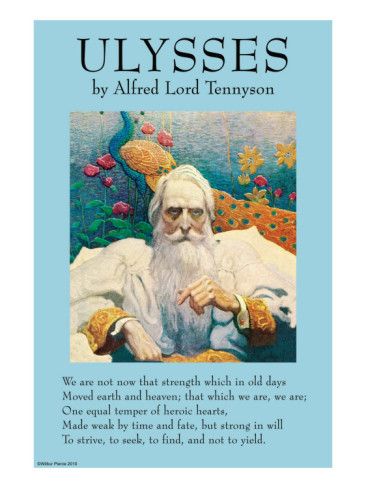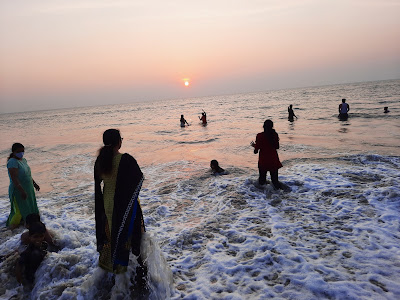Posts
Showing posts from April, 2022
Recent Posts
Recent Posts
-
-
-
-
-
-
-
-
-
-
- Zeitgeist
- Yesterday
- Xenophobic Delights
- Wiesenthal’s Revenge
- Vamana’s Deception
- Ulysses
- T for Taxes
- Snake Spirituality
- Raina’s Romance
- Que Será, Será
- Paradises Lost
- Oceans are restless
- Nationalism is a drug
- Mohenjodaro’s Dancing Girl
- Loneliness can kill
- Keeper of your brother
- Jacques the Fatalist in Jaiaw
- The Idiot
- Humpty Dumpty’s Hats
- Good Governance
- Forest eats forest
- Enlightenment
- The Desert Teaches
- Civilisation is skin-deep
- Bhatti Mines is a symbol
-
-
-
-












